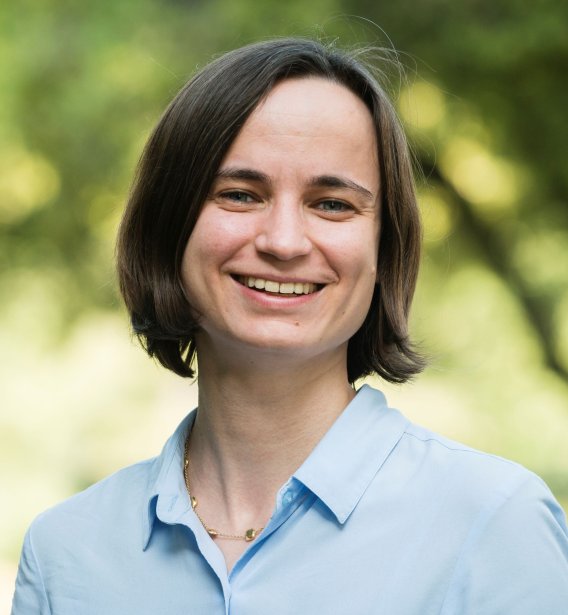Microwave remote sensing of plant water stress - Alexandra Konings, Stanford University
Alexandra Konings, Assistant Professor in the Department of Earth System Science at Stanford University
Abstract: Understanding how vegetation responds to changes in hydrological conditions is a fundamental prerequisite for characterizing the response of ecosystems to a changing hydroclimate. However, doing so is challenging because of the large diversity of relevant vegetation traits (including root, xylem, and stomatal properties) within species, within ecosystems, and across the globe. In this talk, I will describe how microwave remote sensing of vegetation – which naturally integrates over these sources of variability and provides data across the globe - may be a useful tool for better understanding plant water stress response. In this talk, I will discuss active and passive microwave observations and their sensitivity to vegetation water content. I will further discuss evidence that ecosystem-scale variations in vegetation water content are not just sensitive to biomass - as commonly used - but also carry the signature of variations in leaf water potential, the physiological variable that most directly influences plant water stress response. I will discuss how this signature can be used for several applications, including determining ecosystem-scale plant hydraulic traits (including isohydricity, stomatal closure, P50, and xylem closure) and their link to spatial variability in photosynthesis responses to water stress, estimating drought-driven tree mortality rates, and characterizing wildfire risk.

About: Alexandra 'Alex' Konings is an assistant professor in the department of Earth System Science at Stanford University. She also has a courtesy appointment in the Stanford Department of Geophysics and is a center fellow, by courtesy, of the Stanford Woods Institute of the Environment. Her research is focused on interactions between the global carbon and water cycles, especially as related to plant hydraulics and to the effects of small-scale trait variability on regional-scale ecosystem behavior. She received the NASA New (Early Career) Investigator Award in 2018, the NSF CAREER in 2020, and the AGU Global Environmental Change Early Career Award in 2021.
